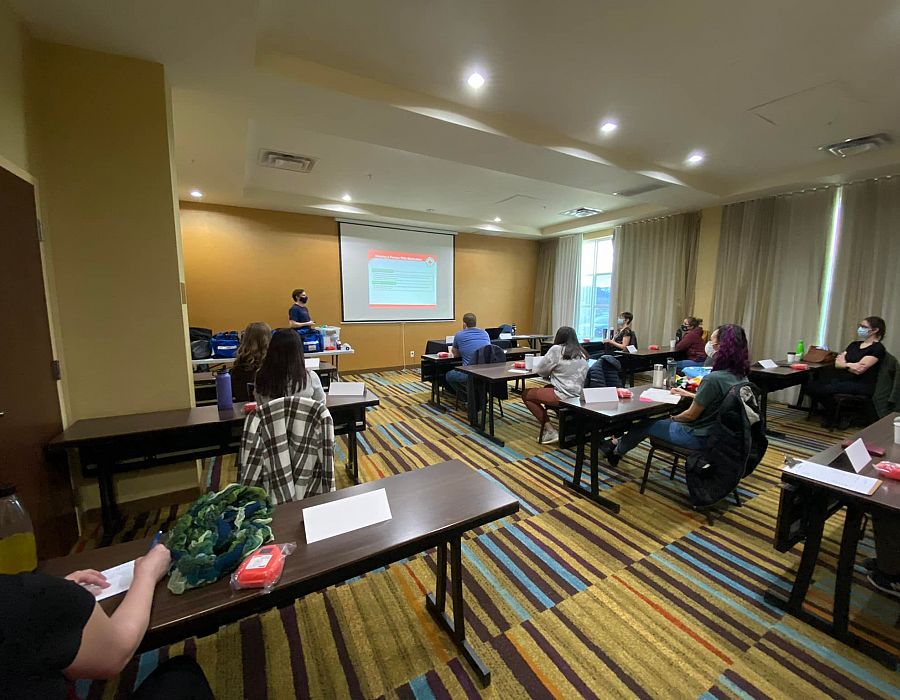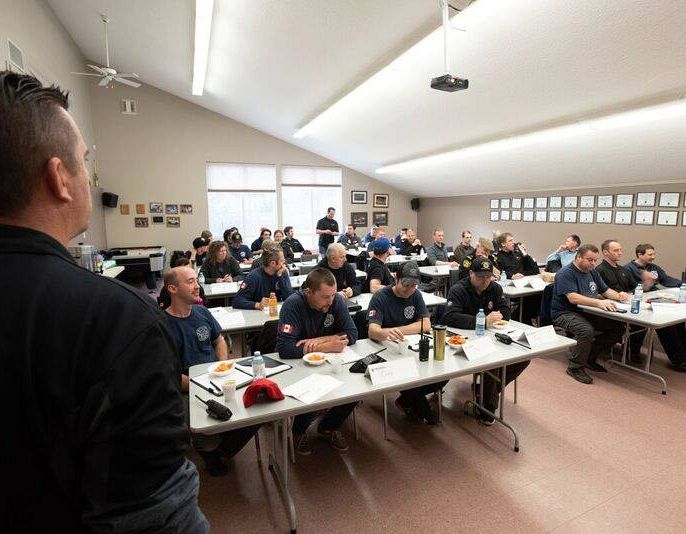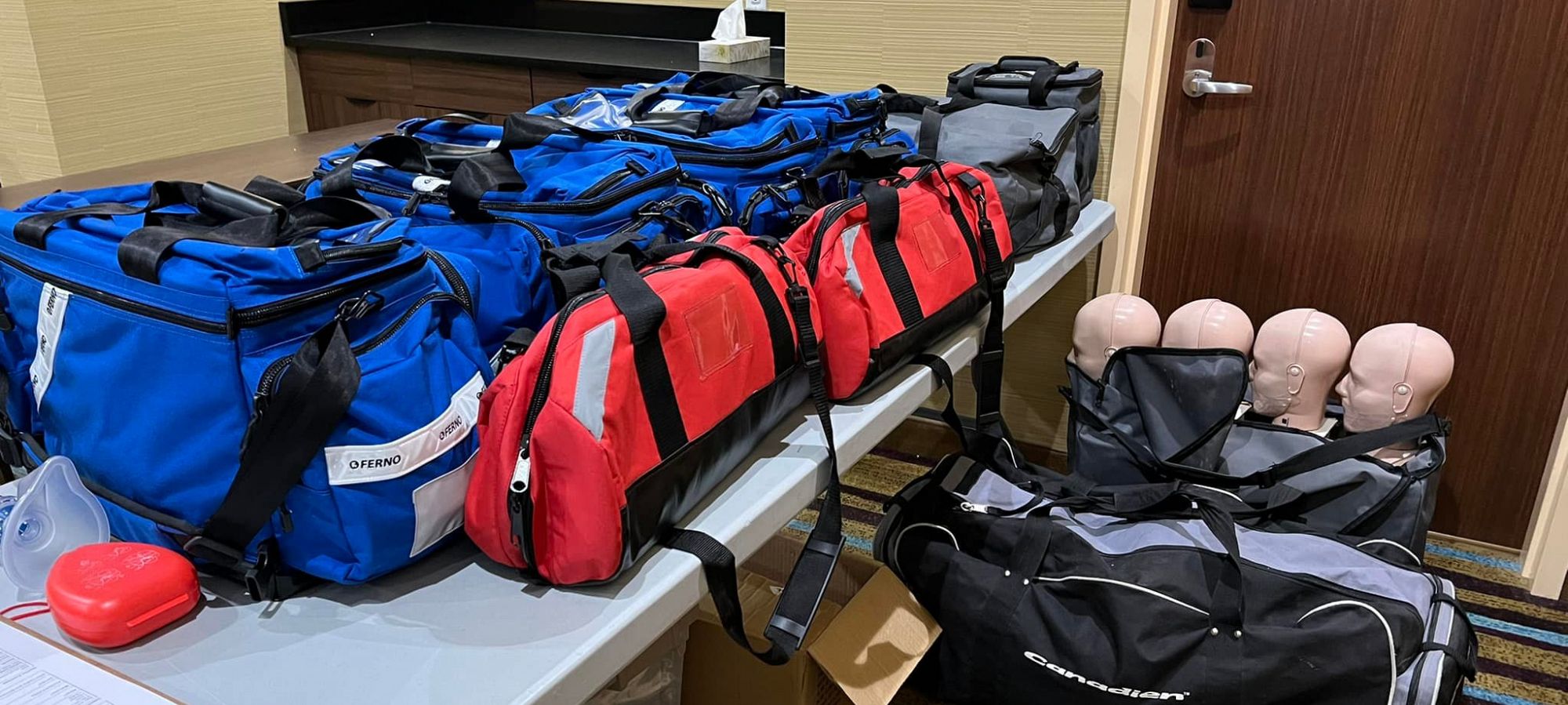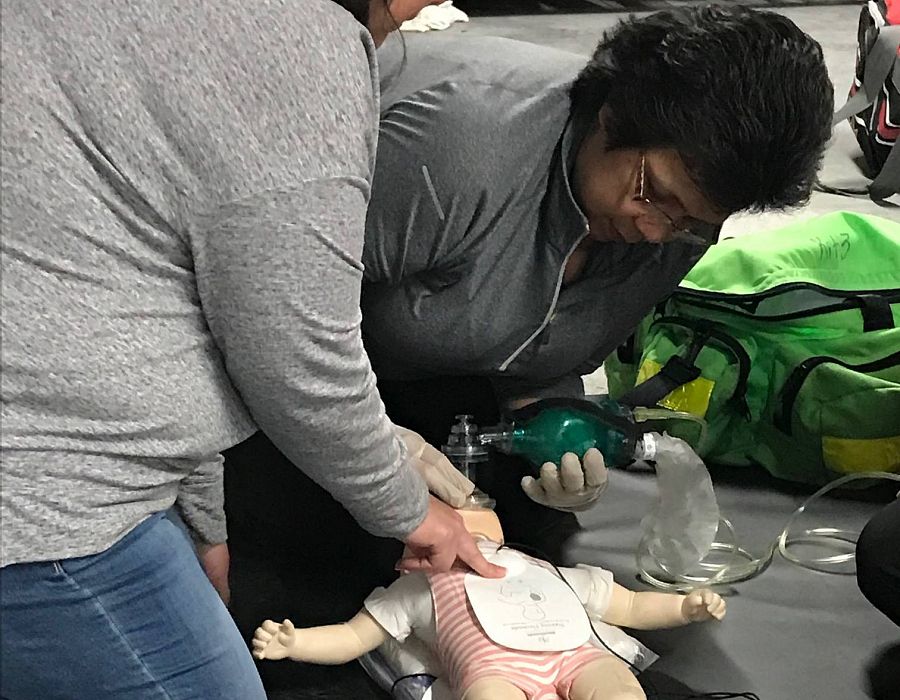
Summary
Canadian Red Cross First Responder course is the OFA 2 equivalent course offered over the span of 40 hours.
Comprehensive first aid and CPR skills for professional first responders or those training to become first responders. Course teaches the patient assessment model, cardiopulmonary resuscitation, hemorrhage control, and care for a variety of acute and chronic conditions. Participants will be engaged in dynamic training techniques including video, media presentations, skills demonstrations, practice sessions, discussions and scenarios based on real-life situations.
Who is the course intended for?
Professionals in a fire service, rescue team, workplace response team, sports-medicine professionals, lifeguards, and ski patrol.
Certification
3-year certification in First Responder (digital certificate issued upon successful completion

How long does it take?
For the full First Responder Certification Course, there are two options.
- Full Time: Monday-Friday 8:30am-4:30pm
- Part Time: Friday 5:30pm-9:30pm, Saturday and Sunday 8:30am-4:30pm
For Recertification, you can expect to spend 20 hours over the course of three days.


